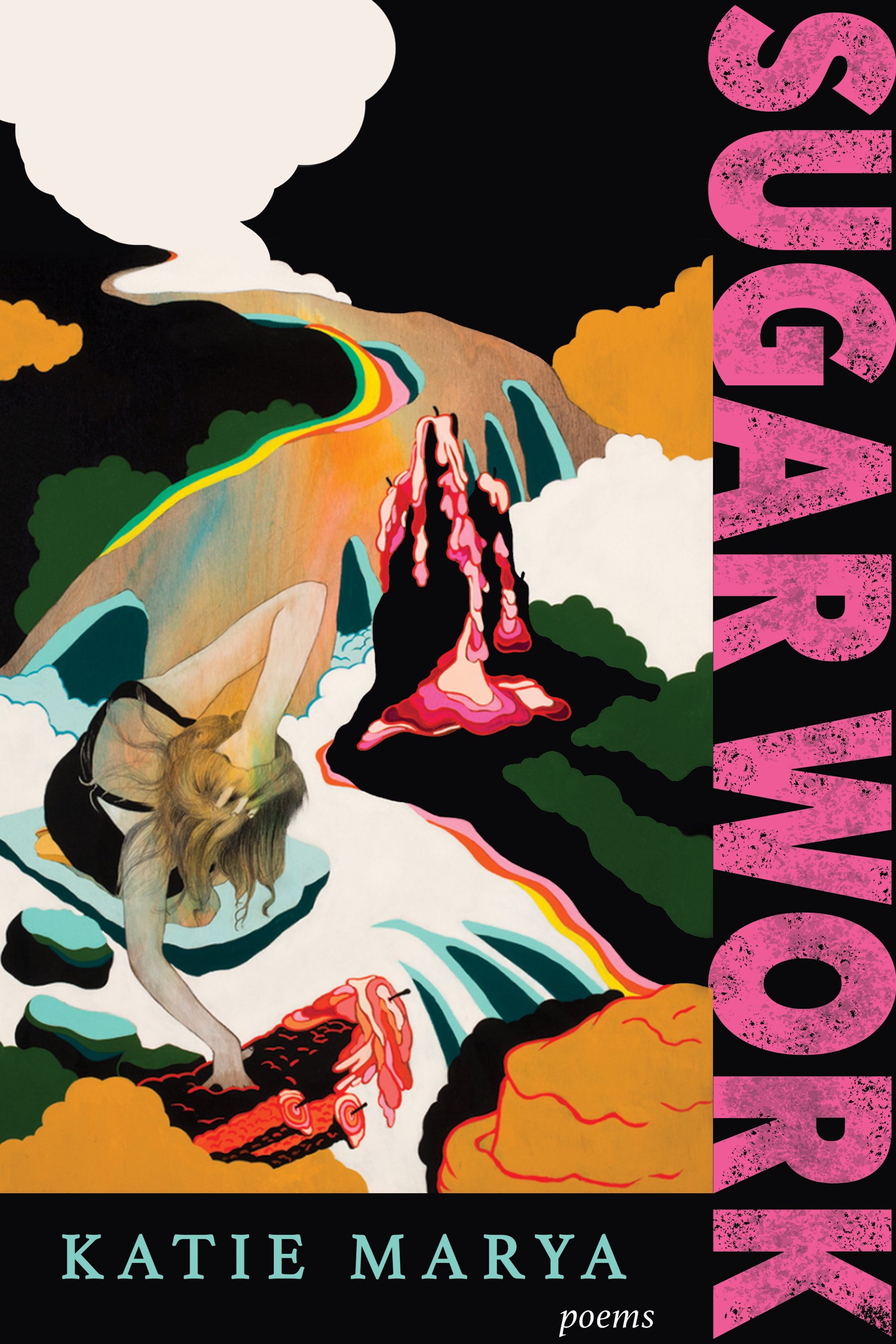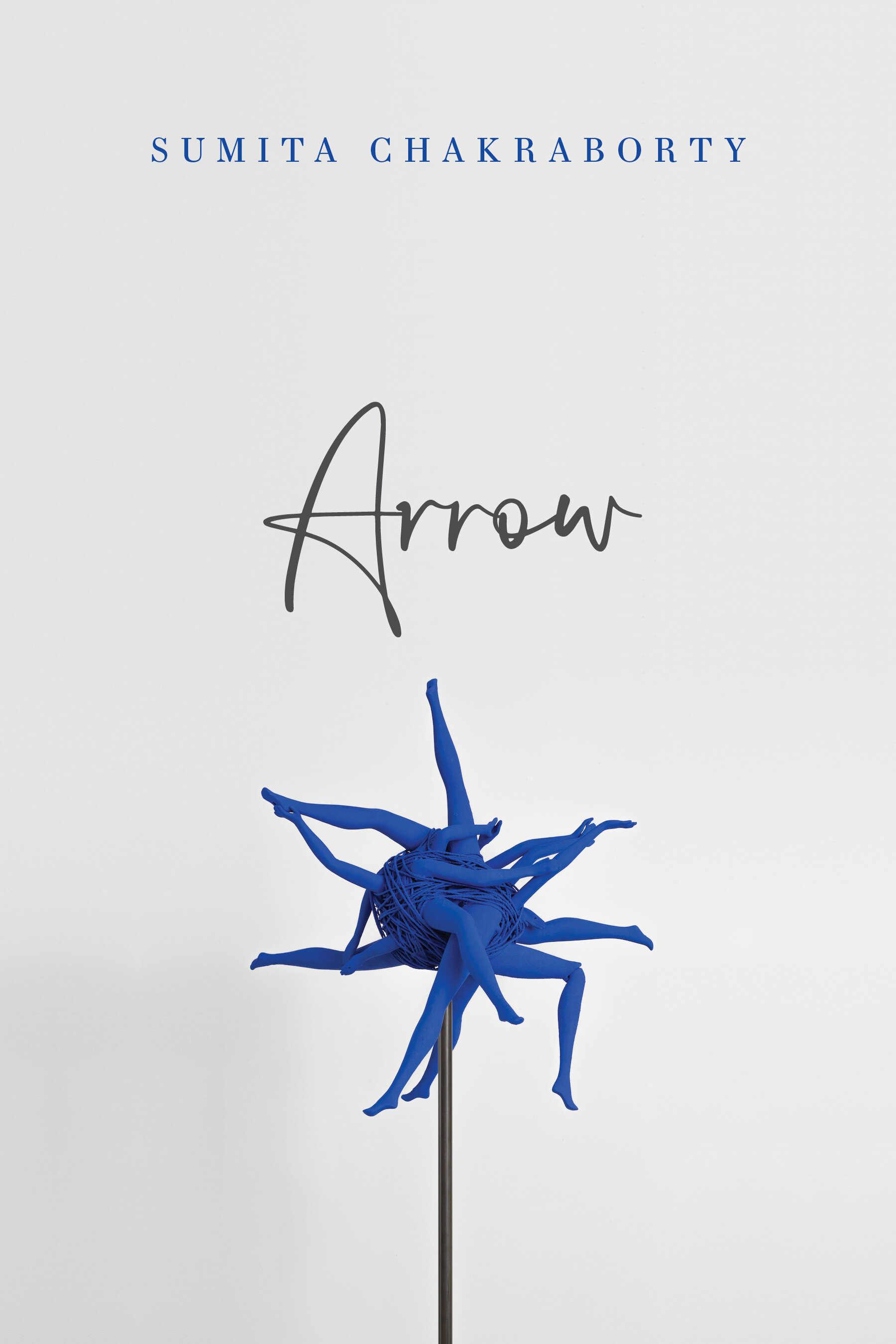Calling a Wolf a Wolf
Calling a Wolf a Wolf
Kaveh Akbar
Winner of the John C. Zacharis First Book Award
2017 Foreword INDIES Book of the Year Awards Gold Winner
2018 Levis Reading Prize Winner
2017 Julie Suk Award Winner
A 2017 Nautilus Silver Award Winner
2017 Florida Book Award Gold Winner
A 2018 First Horizon Award Winner
Winner of the 2018 Eric Hoffer Small Press Award
Shortlisted for the Eric Hoffer Award Grand Prize
A 2018 Montaigne Medal Finalist
A 2017 NPR Best Book of the Year
A 2017 Library Journal Best Book of the Year
A 2017 Entropy Magazine Best Book of the Year
A 2017 The Coil Best Book of the Year
A 2017 Sundress Publications Best Book of the Year
A 2017 Indianapolis Monthly Best Book of the Year
A 2017 Largehearted Boy Best Book of the Year
A 2017 Volume 1 Brooklyn Best Book of the Year
A 2017 Interview Best Book of the Year
“A breathtaking addition to the canon of addiction literature, Akbar’s poetry confronts the pain and joy in denying oneself for the sake of oneself…Akbar’s poems offer readers, religious or not, a way to cultivate faith in times of deepest fear.”
—Publishers Weekly, starred review
September 2017
ISBN: 9781938584671
Available in both print and digital formats.
Kaveh Akbar's poems appear in The New Yorker, Poetry, The New Republic, Best American Poetry, The New York Times, and elsewhere. He is the author of Calling a Wolf a Wolf (Alice James 2017) and a chapbook, Portrait of the Alcoholic, published by Sibling Rivalry. He is also the editor of an anthology of poetry about the spirit called Writing the Divine (Penguin Classics, 2020). The recipient of a Levis Reading Prize, a Pushcart Prize, and a Ruth Lilly and Dorothy Sargent Rosenberg Poetry Fellowship, Kaveh is the founding editor of Divedapper, a home for interviews with major voices in contemporary poetry. Born in Tehran, Iran, he teaches at Purdue University and in the low-residency MFA programs at Randolph College and Warren Wilson.
Additional Praise:
“Mr. Akbar’s poems give language and form to many experiences I thought too abstract for expression. They are at once deeply personal and about all of us.”
—John Green, The Wall Street Journal
“…Akbar proves what books can do in his exceptional debut, which brings us along on his struggle with addiction, a dangerous comfort and soul-eating monster he addresses boldly…”
—Library Journal, STARRED review
"[Calling a Wolf a Wolf] strips the self of its protective covering and in so doing gets to the core of what it is to love, grieve, embrace joy, inflict pain, and seek redemption."
—Jacket 2
“At times conversational, at times oratorical, Akbar seems to understand that he is moving through the intimate and the cosmic with the same lingering eye for detail.”
—Angel City Review
“[Calling a Wolf a Wolf] is a welcome testimony to how the deeply personal can seep into and even shape our national consciousness. This is the work of great poetry.”
—Seattle Review of Books
“[Calling a Wolf a Wolf] is a book that whispers, that longs for connection…”
—Rain Taxi Review of Books
“These are meditations on life as viewed through the color-saturated prism of a self-admitted alcoholic-addict, who finds beauty in even the ugliest of experiences.”
—Vogue
“…Akbar is a sumptuous, remarkably painterly poet.”
—Benjamin Voight, The Kenyon Review
“Akbar’s poems—which explore addiction and arrested development and the starts and stops of desire—are psychic travelogues that are tiny and expansive at once.”
—The Atlantic Magazine
“Particularly in this time where addiction is destroying whole communities of people, especially youth communities, Akbar’s collection provides a beacon through a nightmare, and a salve for the wounded.”
—Fork & Page
“In [Akbar’s] speaker’s voice, language is held in tension, and the blend of familiar and strange imagery strikes emotional high notes again and again.”
—Stirring Lit
“[Calling a Wolf a Wolf] is not a book asking for forgiveness, but rather a book about the slow and complicated process of forgiving and being forgiven.”
—Drizzle Review
“Akbar writes with frank and necessary transparency about the nature of addiction, the ball-and-chain drag of it, the strange and painful want for the shackle the speaker is simultaneously working so hard to unclasp.”
—Southern Humanities Review
“Akbar’s alchemy of remembering and forgetting maps a roving, rich, and sometimes violent search for self.”
—Boston Review
“[Akbar] demonstrates with otherworldly imagery that those who suffer possess an astonishing sensitivity to beauty, able to find it in even the saddest places. Indeed, Calling a Wolf a Wolf does precisely that.”
—Fields Magazine
“With electric tempo, Calling a Wolf a Wolf moves swiftly to execute awesome feats of language, leaving our perception of the world marvelously warped in its wake.”
—Guernica
“The body becomes more than mystical in [Calling a Wolf a Wolf], as the boundaries between flesh and world are not merely blurred, but shattered—bodies are thrown upon all the sharp crooked edges of life and Akbar diligently records every detail of the aftermath. . .”
—Frontier Poetry
“With Kaveh Akbar’s Calling a Wolf a Wolf, we are not only witnessing the rise of a prominent contemporary poet, but we are also challenged to relook at the way we respond to the emotional obstacles faced by ourselves and others.”
—The Coil
“Akbar’s poems are liminal rides, earnest and authentic considerations of what it truly means to exist in this world.”
—The Millions
“Kaveh Akbar’s highly-anticipated debut is bold and deeply personal. He takes us on a journey through his mind, confronting addiction, battling alcoholism, fighting for control, and keeping the course on the road to recovery.”
—Hello Giggles
“Here, in his forthcoming Calling a Wolf a Wolf, more than any other lens of identity, the alcoholic steps into the spotlight. But the genius is his allowing all the many cultures that are contained and challenged within the identifier of addict to play well together. In this way gender, sexuality, ethnicity even, are subverted, bypassed, and somehow also honored.”
—VQR Online
“This debut collection boldly confronts addiction and courses the strenuous path of recovery, beginning in the wilds of the mind. Poems confront craving, control, the constant battle of alcoholism and sobriety, and the questioning of the self and its instincts within the context of this never-ending fight.”
—The Rumpus
“Akbar has what every poet needs: the power to make, from emotions that others have felt, memorable language that nobody has assembled before.”
—Stephanie Burt, The Yale Review
“Kaveh Akbar’s poems are packed in salt, his language a wild arrangement of brine dredged from the pool of consciousness ensconced in a personal anguish, poured through the filter of this world…”
—Poetry International
“This highly anticipated debut boldly confronts addiction and traces the strenuous path of recovery. Akbar details craving, control, the battle for sobriety, and the questioning of the self and its instincts within the context of this constant fight.”
—Publishers Weekly
“The struggle from late youth on, with and without God, agony, narcotics and love is a torment rarely recorded with such sustained eloquence and passion as you will find in this collection.”
—Fanny Howe, Second Childhood
“You can open this stunning debut, Calling a Wolf a Wolf, anywhere and find the critical tenderness that permeates Kaveh Akbar’s work. The work here means to go out on limbs, be it to fling blossoms, chew fireflies, or to push old nests into the river once the rearing is done. There is an engagement here with faith that extends beyond religion. The poet engages the Wolf in much the same way as creator, whom he tells us “loves the hungry more than the full.” Akbar’s poems are as reverent and irreverent in the face of addiction as they are in the search for self. The poems have as much audacity as humility, a rare mix of openness in a time of flinching anxiety.”
—francine j. harris
“Kaveh Akbar has evolved a poetics that (often) suggests the infinite within each object, gesture, event. The smallest thing in these poems pushes one up against something intractable and profound. Surface and depth constantly turn into each other. Narrative, the dilemmas of personal history and anguish are handled with equal sophistication. ‘Odd, for an apocalypse to announce itself with such bounty.’ This is bounty, an intensely inventive and original debut.”
—Frank Bidart
“In Calling a Wolf a Wolf, Kaveh Akbar exquisitely and tenaciously braids astonishment and atonement into a singular lyric voice. The desolation of alcoholism widens into hard-won insight: ‘the body is a mosque borrowed from Heaven.’ Doubt and fear spiral into grace and beauty. Akbar’s mind, like his language, is perpetually in motion. His imagery— wounded and resplendent—is masterful and his syntax ensnares and releases music that’s both delicate and muscular. Kaveh Akbar has crafted one of the best debuts in recent memory. In his hands, awe and redemption hinge into unforgettable and gorgeous poems.”
—Eduardo C. Corral
More by Kaveh Akbar:
“This space is left empty to create a white space. To create a white separation block in these individual book pages, add a Quote Block”
Featured:








